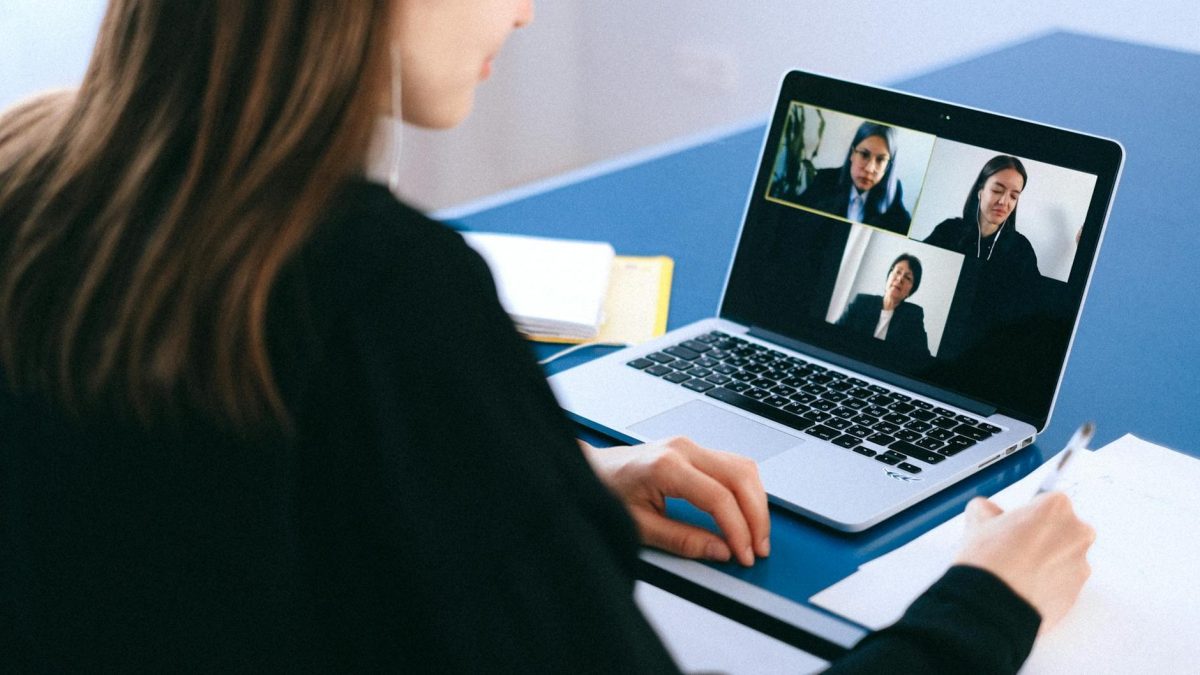The reality is that the job interview becomes a crucial filter that not only assesses whether you fit the profile they are looking for, but also whether you have the necessary proactivity, whether your desire to work precedes you, and, above all, whether the impression you make is a brilliant one.
In an interview, you are not only confronted with technical or formal questions; you are also dealing with a human component that is largely subjective. As much as interviewers try to be objective, there is always a margin of personal perception that can influence the final decision. From the way you express yourself to the energy you transmit, every detail counts. After all, an interview is not just a test of knowledge, but an opportunity to show who you really are and what you can bring to the company, beyond what appears on your CV.
That’s why it’s essential to prepare properly to be able to face this process with confidence and security. Here are some tips that I consider essential to help you navigate this crucial moment successfully. Here we go!
Before the interview
- It’s always a good idea to bring a hard copy of your CV, even if you’ve already sent it in. Review it thoroughly so that you can confidently answer any questions you are asked about its contents.
- It is essential that you are clear about the job you are applying for and gather as much information as possible: what are the duties, the conditions, etc. This way, you can prepare some questions for the end of the interview and demonstrate your interest in joining the company.
- Think about your strengths and weaknesses in relation to the job. This will help you to highlight your best qualities and be prepared for possible difficult questions such as: Why do you think you are the right person for this job and not someone else? or What are your weaknesses? (Remember that when you name your ‘weaknesses’ you can replace them and name them as ‘areas for improvement’).
- Research the company. Look for information on the Internet or in reliable sources and be prepared to answer questions such as: ‘Why are you interested in our company’ or ‘What could you bring to our organisation? It is important that you show interest in the company, its objectives and its work philosophy.
- Remember that first impressions are key, and you will not get a second chance to make a good impression. Therefore, it is important that you take care of the following aspects:
- Choose a wardrobe that is appropriate for the position you are applying for. If it’s a managerial position, it’s best to opt for something formal, such as a suit or blazer. If the position is less formal, you can choose more casual, but still appropriate, clothing.
- Avoid bright colours, loud prints and T-shirts with messages on them. Plain, unobtrusive colours are the best option.
During the interview
- Greet with energy and offer your hand for a good handshake. It’s OK if they don’t reach out first; taking the initiative is always good.
- Maintain eye contact and put on your best smile.
- Take out a notebook and ask if you can take some notes during the interview. It’s always helpful and shows your interest.
- When you are asked questions, think before you answer and be direct. Avoid beating around the bush that may confuse both you and the person interviewing you.
- Don’t interrupt or make funny faces. And of course, never lie or criticise former colleagues or companies.
- Answer all questions honestly and avoid being negative. For example, instead of saying ‘I don’t know how to use Word…’, it is better to say ‘I am currently retraining my Word skills’.
- Posture is very important. Sit comfortably, but don’t neglect it.
- Ask the person who interviewed you for contact details (either their email, LinkedIn or a phone number you can call), so that you can keep in touch with them.
- Before you leave, try to ask some questions about the job or the company, as I mentioned before. This shows your interest and proactivity.
After the interview
If you have contact with the person who interviewed you, it is advisable to send them an email to thank them for their time and let them know that you look forward to hearing from them. If after 15 days you have not received a reply, you can call or send another email to show your interest in the selection process. But don’t be insistent.
I hope these tips will give you the opportunity to be more relaxed and face the interview with the right confidence. Good luck and go for it!












